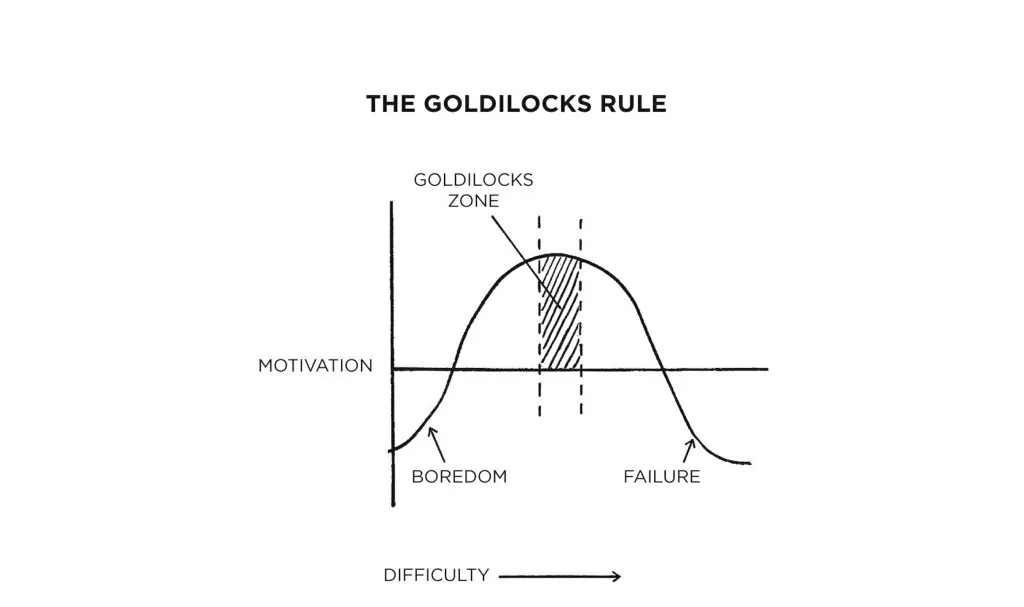“Great things are done by a series of small things brought together.” Vincent Van Gogh
I first heard about the “3.4 yards per play,” philosophy way back in the early 2000s in my pee-wee football era. However, it wasn’t until I heard it again recently from Ryan Munsey in his new book “F*ck Your Feelings,” that it hit home for me in a bigger picture way.
Let me explain the concept like you aren’t a football fan.
In a standard American football game, when on offense, each team gets 4 plays to move the ball forward 10 yards.
If they get 10 yards or more within these 4 plays, the downs reset and they get 4 more plays to try and repeat the process again. If they repeat this without being stopped, they will eventually score. If they don’t get the 10 yards in 4 plays, they usually punt the ball to the other team or turn it over on downs.
Assuming that teams will punt (kick the ball to the other team deeper down the field) on 4th down if they’re short of the 10 yards to gain, a team needs only to achieve 3.4 yards per play to end up in the end-zone (6 points) every single time.


There’s no need for a heroic 90 yard run or hail mary pass. If a team can simply move the ball a minimum of 3.4 yards per play, they will score every time.
You will not find an example (at any level) of team ever losing a game when they scored on every possession.
You will beat your competition ragged. You will win the game.
Note: Anyone who watches football understands that this concept works in theory but not in practice. 3.4 yards is easy but doing it repeatedly in a football game without fail is much more difficult than it sounds. However, that is not the case when applied to other areas of life. Making “3.4 yards,” of progress daily is not only feasible in areas like fitness and business, it’s actually quite easy.
Applying the 3.4 Yards Per Play Rule to Life
This concept can be applied to any area of life, but it’s been particularly useful for me in my recent fitness journey.
Much like the “1% better each day” model, focusing on small but consistent actions daily leads to big results in the end.
Let’s break this down into steps.
Step #1 Identify Your End Goal
My fitness goals are as follows.
- 13% body fat at 190 lbs
- Bench press 300 lbs
Boom. Simple. If I hit those goals. I will be ecstatic.
The idea of that end result is supremely motivating to me.
If your goal isn’t wildly desirable and attainable, you will most likely not achieve it. Set your goals so they are desirable and attainable.
We want to leverage something called the “Goldilocks Rule.”
The Goldilocks Rule states that we (all humans) experience peak when working on tasks that are right on the edge of their current abilities. ]
Tasks that are not too hard and not too easy. Just right.


If you’ve ever played video games, you’ve experienced this. My favorite game is MLB the Show. It’s a baseball game that is supremely enjoyable unless you’re hitting on their “hall of fame” mode, which is pretty damn close to hitting off of actual MLB caliber pitchers in real life. Just not fun.
On “all star mode” I find myself hitting well but not so well that it becomes boring. I still struggle a bit but not so much that I’m burnt out from it.
If I play on rookie mode, I hit homeruns almost every time. It bores me. There is no challenge and it loses its enjoyment.
Our 3.4 yards should be in the Goldilocks zone.
Step #2 Identify Your “3.4 Yards”
These are the actual steps you’ll take to achieve your goals.
They should be…
- Well researched. Just because you set them as goals doesn’t mean they’re the right things. Spend time really getting this right. If you have a plan that doesn’t work, you will give up. Get this part right, it’s the most important part.
- Very specific. For my fitness goals, I have my workout times, macros, meals and sleep all planned in advance. I have “failsafe” plans in place to ensure I don’t slip up.
- Realistic. Focus on slow, steady. Resist the urge to try to get the results too quickly (the hail mary passes on 1st down). You’ll burn out and end up right back at square one.
Again, spend a great deal of time on this part.
Step #3 Celebrate the Process and Consistency
Get rid of the “I want an Oompa loompa now, daddy!” mentality.
I’ve found that seeing my body change slowly is most likely as rewarding (or perhaps moreso) as the actual end result I’m chasing.
Every day that I hit my fitness goals, I feel amazing about myself.
The momentum drives me to keep the streak of consistency alive.
I know that my plan is flawless. All I have to do is execute. Gain my 3.4 yards daily, wear down the competition (myself) and I will win.
Thoughts? Do you have an approach like this or are you someone who is able to go for the Hail Mary passes and win everyday without burning out? Let me know in the comments!
